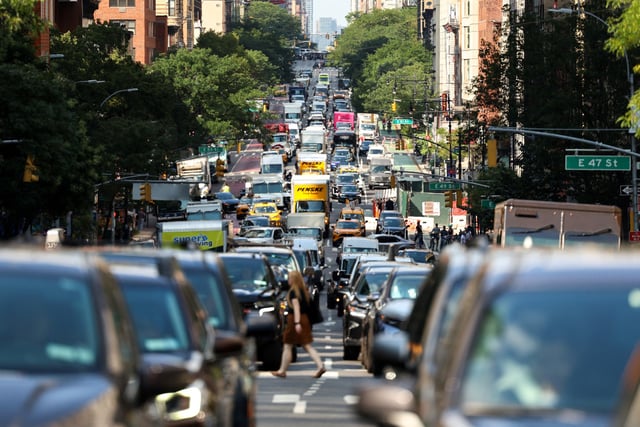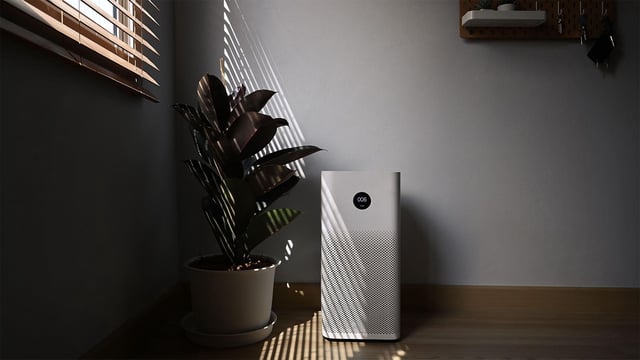Overview
- A randomized crossover trial published in JACC assigned 154 highway-adjacent residents to one-month periods of active HEPA filtration and sham filtration in their bedrooms and living rooms.
- Adults with elevated systolic blood pressure (≥120 mmHg) experienced an average reduction of 2.8 mmHg during active filtration compared with a 0.2 mmHg rise during sham periods, yielding a net 3.0 mmHg decrease.
- The intervention had no significant effect on diastolic pressure or on participants whose baseline systolic readings were below 120 mmHg.
- Researchers noted limitations including a lack of participants on blood pressure medications, a predominantly white and higher-income sample, and absence of data during peak indoor pollution or hotter months.
- Leading cardiologists emphasize that modest indoor air quality improvements may benefit heart health and urge expanded trials and clean air policies.

